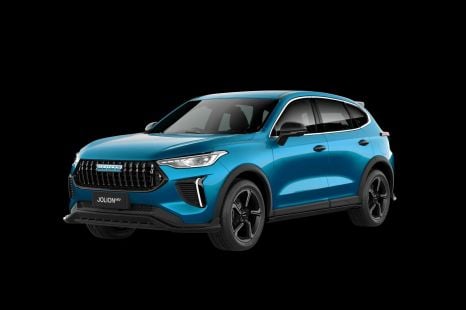

William Stopford
Australia’s cheapest hybrid SUV just got cheaper
50 Minutes Ago
We strive to report on every car, SUV and ute recall, and though you may wonder why you should care, it could save your life.

Senior Journalist
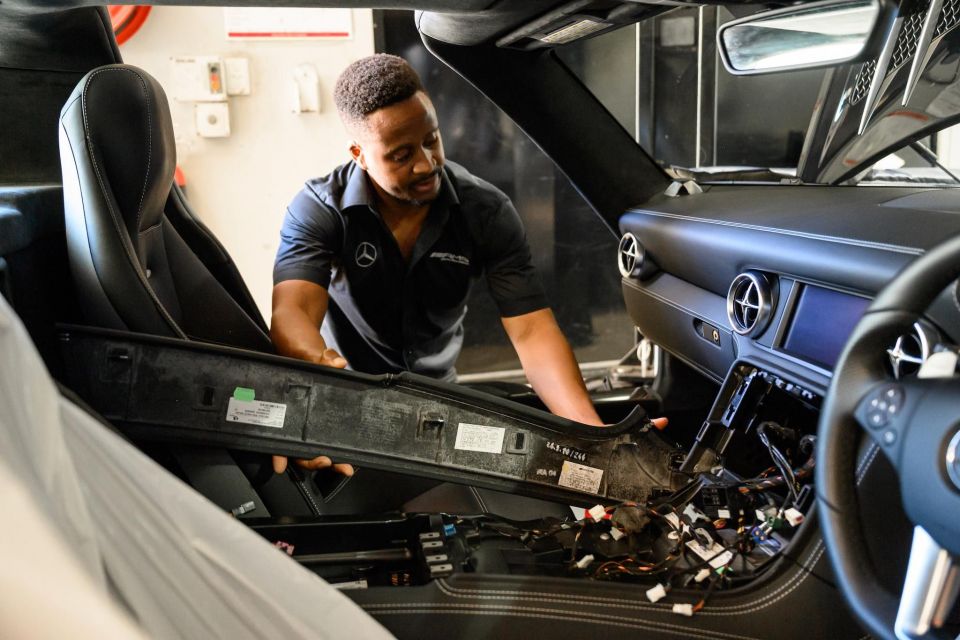

Senior Journalist
Ignoring a safety recall on your car could cost you your life.
It’s unlikely and very rare, but it has happened.
During the recall in Australia for faulty Takata airbags, when more than three million cars were involved in the biggest recall in local history, there were two deaths.
Sadly, one owner had received five recall notices over 16 months from Honda Australia, but their car wasn’t brought to a dealership for a replacement airbag.
The Sydneysider was the victim of a faulty airbag inflater, a problem identified for its potential to explode and spray shrapnel into the cabin, which has now claimed 38 people worldwide.
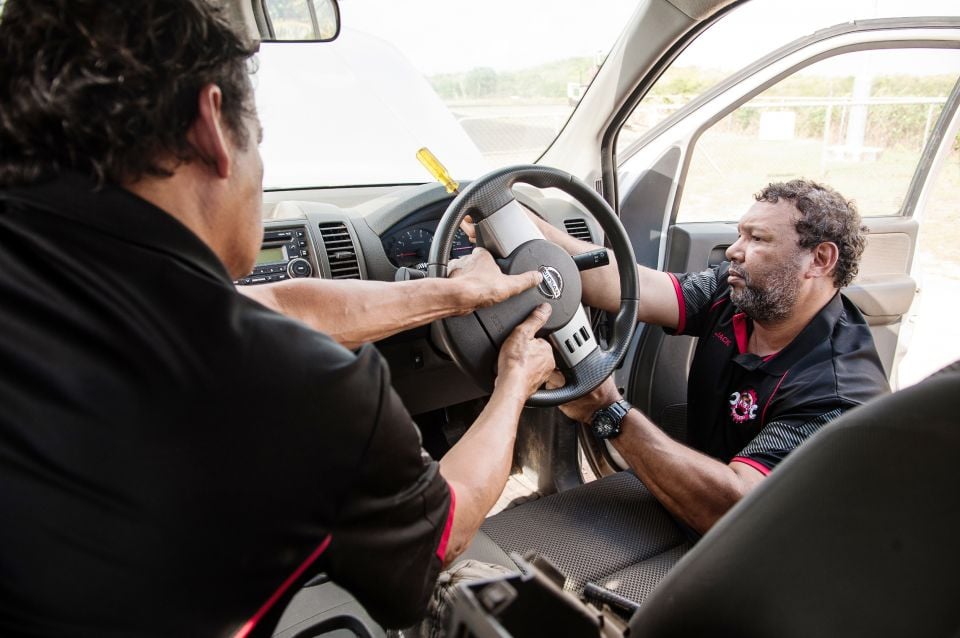
“Recalls are critical. Absolutely critical. Every recall is serious and companies take them very seriously,” Neil McDonald, an automotive consultant, told CarExpert.
Mr McDonald was deeply involved in the Takata recall program and worked with Honda and then Ford during a crisis which affected dozens of carmakers from Audi to Volkswagen.
“The reaction by owners could be quite bizarre. It was surprising to me the number of owners who were notified several times but just ignored it,” he recalled.
“Some thought the company was trying to get them into the dealership to up-sell them into a new car. We even had Honda Australia board members out door-knocking owners.”
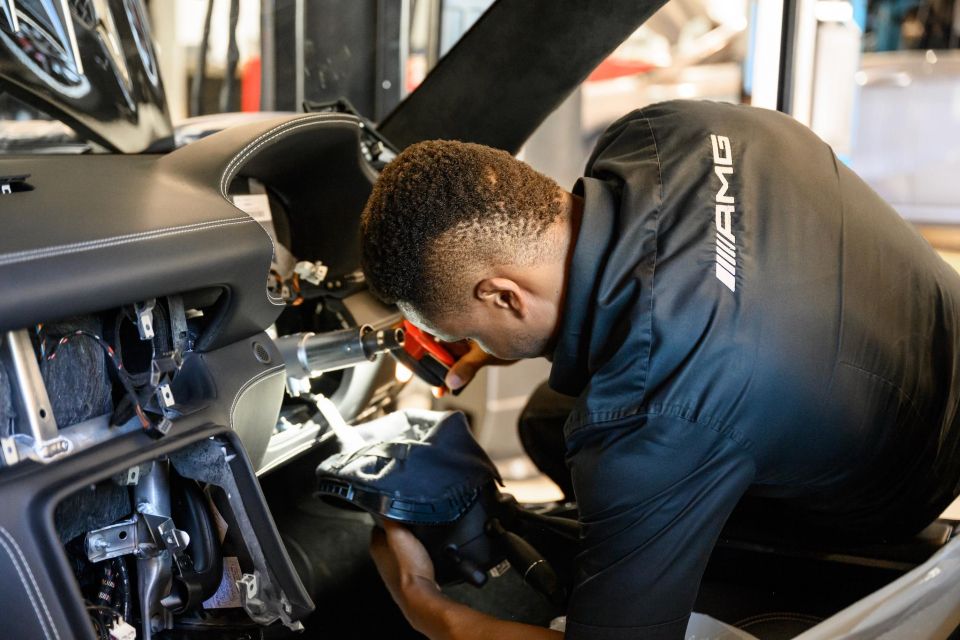
The Takata recall was eventually completed successfully, with more than 99 per cent of cars affected in Australia getting a replacement airbag, and there were some unusual stories about the work.
Honda was again at the centre of one airbag replacement involving a car in Eastern Europe, one of more than 143,000 which the brand had to fix.
“The owner decided to move back to their home country. They liked their car so much they took it back with them. We eventually tracked the car down and sent a Honda employee in Europe to replace the airbag,” said Mr McDonald.
A safety recall is triggered when a potentially dangerous problem is identified on a car sold in Australia.
A total of 166 recall notices were published in 2023 by the Department of Infrastructure, Transport, Regional Development, Communications and the Arts – the Federal Government agency responsible for recalls – involving 592,941 vehicles.
It’s not just the basic brands, either, as even Ferrari had a recall on its flagship SF90 supercar in 2023. Only 35 cars were involved but the problem was serious.
“The engine turbocharger oil delivery pipe may not meet manufacturing specifications. As a result, engine oil could leak into the engine bay and accumulate in the presence of ignition source resulting in a vehicle fire,” Ferrari Australasia said at the time.
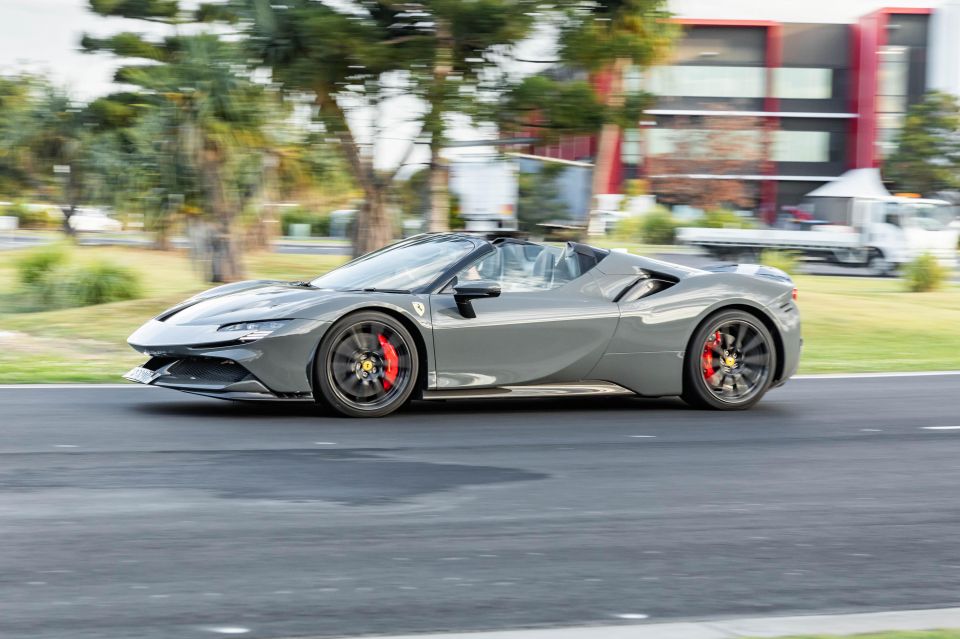
Mercedes-Benz had the most safety recalls in Australian through 2023, followed by Ford, Land Rover, Kia, BMW, Jeep and Toyota.
But, perhaps surprisingly, the German luxury carmaker is proud of its record on recalls.
“We consistently set the very highest standards on such matters – regardless of whether a recall impacts one vehicle or a larger number of vehicles,” a Mercedes-Benz Australia spokesman told CarExpert.
“Our continual product monitoring, backed up by advanced digitalisation, means we are able to detect the tiniest deviations at a very early stage in the production process. Likewise, we can also quickly and promptly analyse and undertake potentially relevant product updates for vehicles that are already in customer hands.
“We are well aware that each measure can often lead to our customers having to pay an unexpected visit to the service centre. We deeply regret the resulting inconvenience – but consider it our duty to act consistently and decisively.”
A safety recall is just what it says – a recall program on a car sold in Australia to rectify a potentially dangerous fault.
It might not even be a new car still in showrooms.
It’s triggered as soon as a car company recognises a problem, either in Australia or overseas, which affects the safety of its local vehicles.
“In enacting a voluntary recall, action is required to ensure the safety of the vehicle, passengers and road users,” said Peter Neal, Aftersales Special Projects general manager at Hyundai Australia.
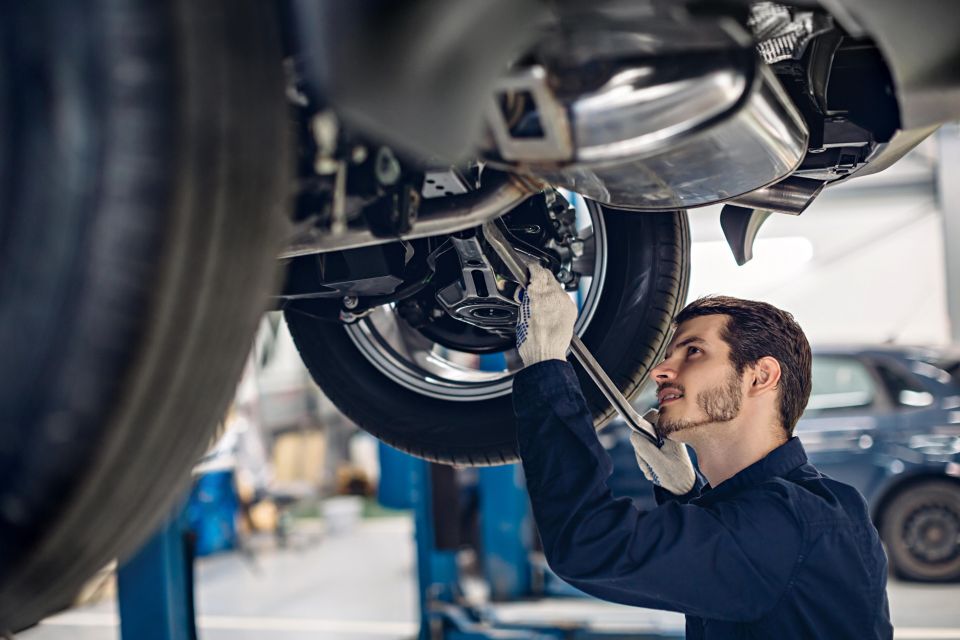
Often, the recall is triggered by parent company after reports of a problem outside Australia.
“All key personnel briefed and advised on actions immediately after being notified of the recall by our parent company,” he said.
Because a safety recall is a legal requirement, the company must advise the Department of Infrastructure, Transport, Regional Development, Communications and the Arts of its recall program.
Details are also provided to Product Safety Australia, which is responsible for recalls through the Australian Competition and Consumer Commission, which covers everything from babies and children’s clothing to all forms of transport.
Legally, the ACCC must be notified within two days of a recall program.
“The liability provisions of the Australian Consumer Law generally apply to a manufacturer that supplies consumer goods in trade or commerce,” the ACCC says on its website.
“A product has a safety defect if it does not meet the level of safety the public is generally entitled to expect.”
There will not be a recall for an oil leak. It must be a safety-related problem.
A recall is not automatically triggered because a similar car is affected by a problem outside Australia, even if it might look that way from a Google search.
“Models in other countries may not be sold in Australia, or the issue may be linked to a manufacturing plant that does not produce vehicles for our market,” said Mr Neal of Hyundai.
“With so many variables across models, drivetrains, assembly plants and suppliers, it should never be assumed that in recalling a vehicle in one country we will see the same action here in Australia.”
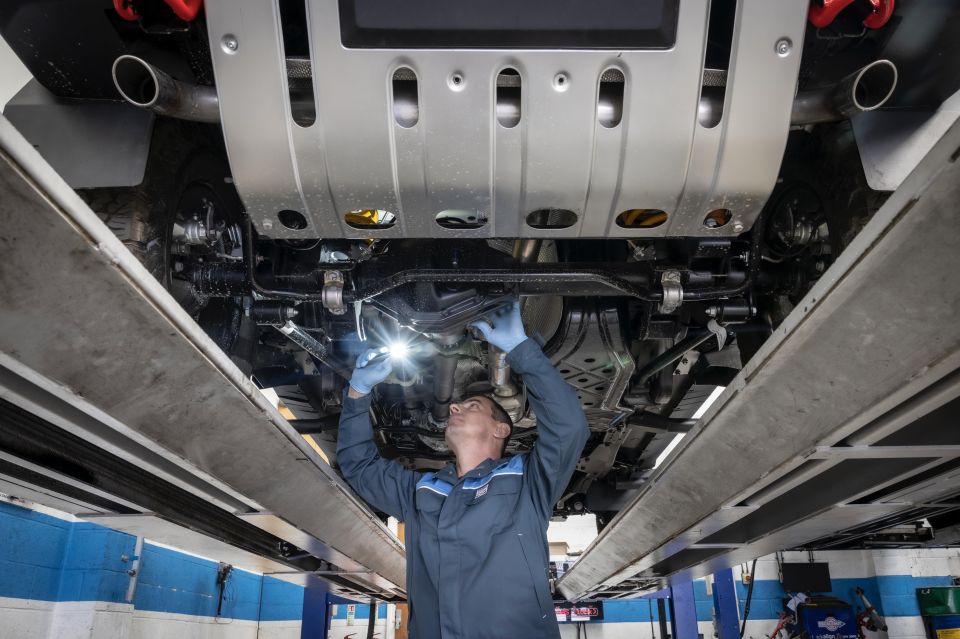
A recall is also specific – it covers potentially faulty parts with a safety risk. A minor recall is not a trigger for a replacement car.
There are also voluntary recalls, by far the most common in the car world, and compulsory recalls like the one involving Takata airbags.
Car companies also do minor updates, which could be just the labelling of a part, by notifying dealers but not going all the way to a recall.
One of the keys for all owners is to have their VIN – the unique Vehicle Identification Number on every vehicle – as recalls are tracked through this identifying number.
The carmaker is responsible for notifying owners of the recall, advising its dealers, and ensuring a process is in place to rectify the problem. The rectification program is then monitored and supervised by the ACCC.
Owners should expect written communication, advising them of the recall, the problem, and how to get their vehicle fixed. Rectification will be done at an authorised dealership and the cost – parts and labour – is entirely covered by the car company.
“Some owners will wait until the vehicle is due for maintenance. A recall requires immediate action,” Mr Neal of Hyundai said bluntly.
But… There are a number of buts, depending on the age and ownership of a vehicle, as well as the number of vehicles involved in the recall.
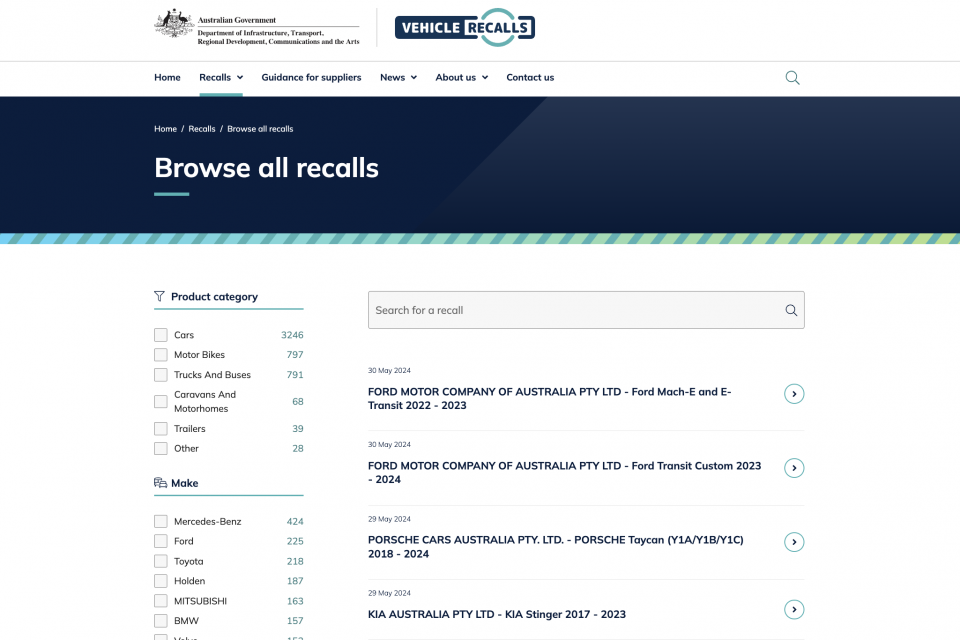
Things are relatively easy for the first owner, but a second owner should always contact the car company to update their contact records.
Often the car company will only have a postal address for an owner, not the email address or telephone number which can make contact much easier.
This was one of the biggest problems during the Takata recall program, as many of the cars involved had been sold to owners who were difficult to identify or contact.
“We would geo-track owners. We would check by postcodes. And we had to tailor the message to the age of owners, their language skills, and even their understanding of a recall,” said Mr McDonald.
Honda even established a call centre with 25 people, capable of communicating in 160 languages, dedicated to finding and rectifying cars.
There are situations when a recall will not happen immediately. Or when there is a delay.
It can take a company some time to set up the process for rectification at their dealerships and source sufficient parts for the work.
If it’s a small number of parts for an exotic brand then it’s relatively easy to air-freight small parts to Australia.
So it’s important to take the recall seriously and get a confirmed date for work.
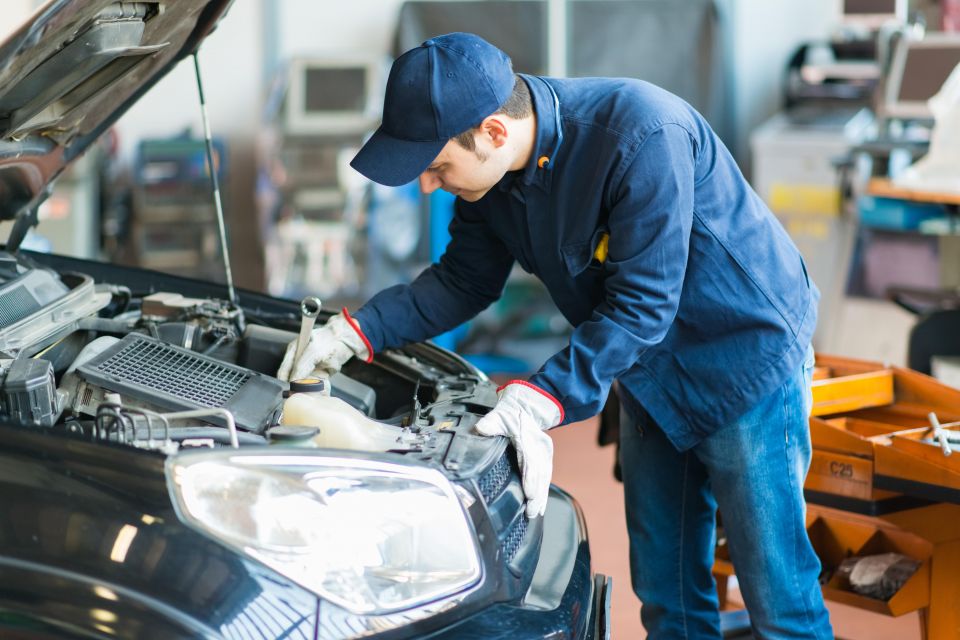
“The availability of parts can impact the work being performed. If a recall requiring the replacement of a component is taking place across numerous countries, suppliers cannot meet 100 per cent of the demand immediately; parts are supplied over a period of weeks or months,” said Mr Neal.
It’s also up to the owner, not the car company or dealership, to get the work done.
Plenty of owners have been shocked to discover a recall when they deliver their car to a dealership for routine servicing.
If there looks to be a delay, either a bank-up on service bookings at a dealership or a lack of parts, the owner should always push for top-priority treatment.
Most manufacturers also have a system which automatically advises dealerships of all recalls, allowing them to flag vehicles in a recall. But it’s not every brand and it’s not always actioned.
There’s no expiry date for a safety recall.
But it’s important to ensure the work is done before a sale, as car companies track the program until a vehicle is ‘captured’ by its VIN. If the work isn’t done, it could affect the value of the car and a potential sale.
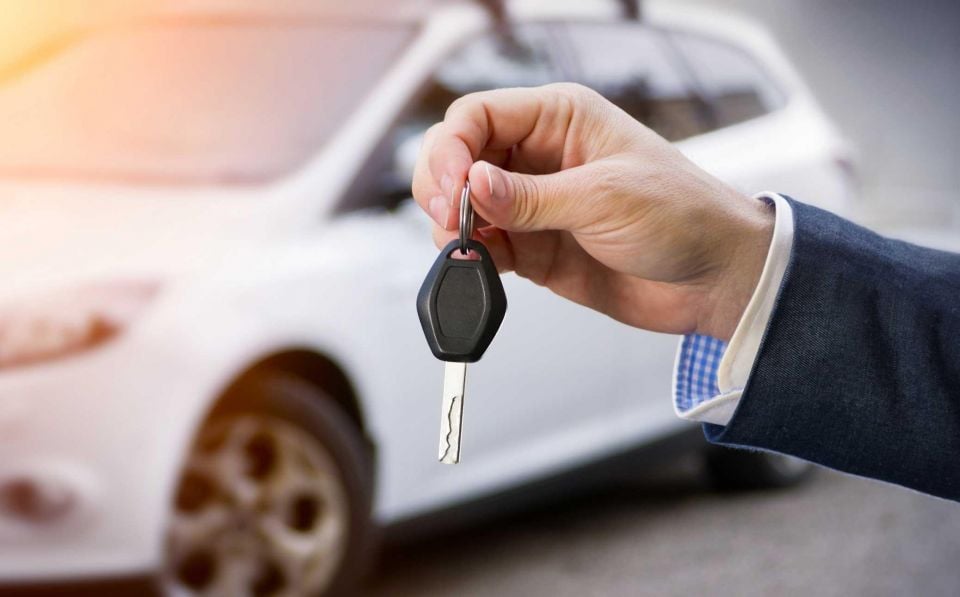
After sale, the original owner and buyer should also notify the car company of new contact details, because a recall could happen long after the vehicle has changed hands.
For buyers, it’s easy to track a car’s recall history through the VIN number and the ACCC.
Since there’s no time limit for work, they can either insist recall work is done before purchasing or get it done immediately afterwards.
Paul Gover is one of the most experienced and respected motoring journalists in Australia. After more than 40 years on the automotive beat there is nothing he has not done, yet he still brings the enthusiasm of a rookie. He has worked in print, digital, radio, television and for every major publisher in the country. He is also a national motor racing champion and once co-drove with Peter Brock at Bathurst.


William Stopford
50 Minutes Ago
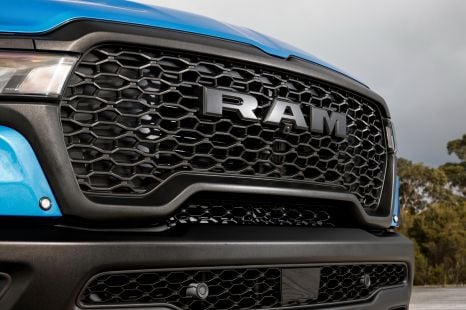

William Stopford
1 Hour Ago
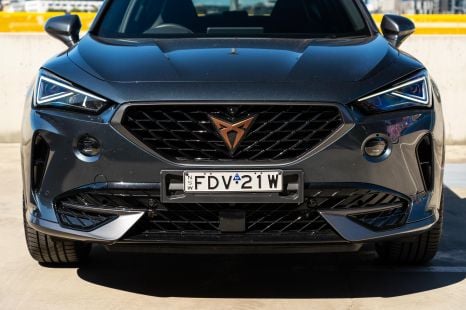

James Wong
3 Hours Ago
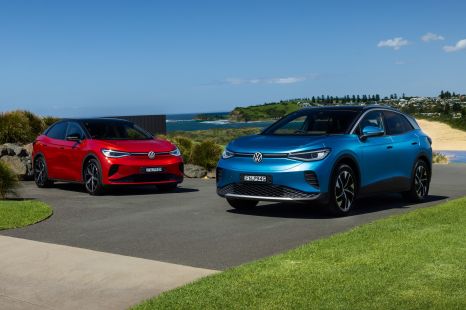

Damion Smy
5 Hours Ago
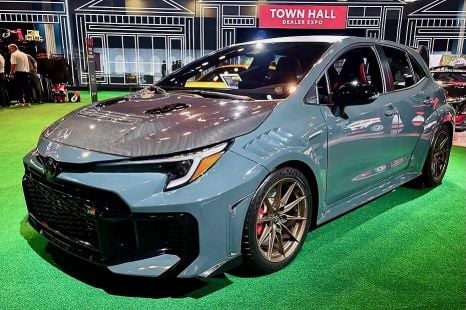

Ben Zachariah
5 Hours Ago
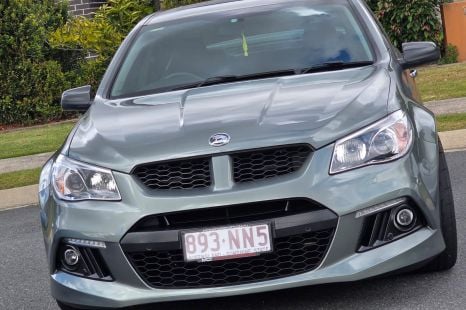

CarExpert.com.au
5 Hours Ago